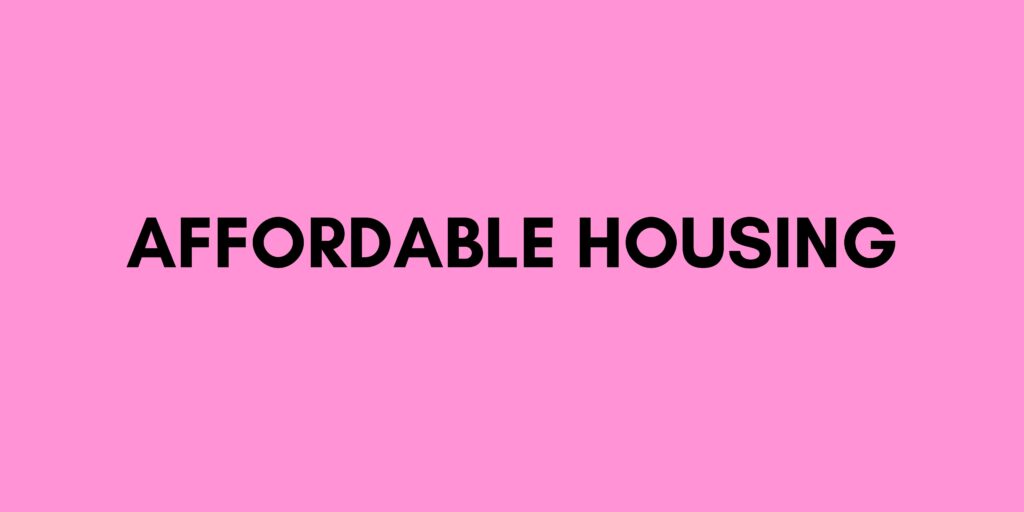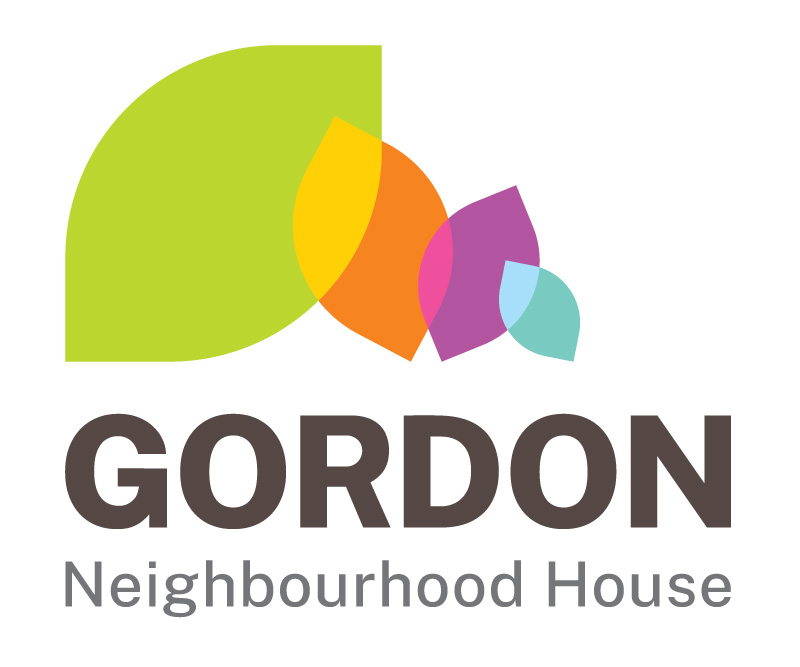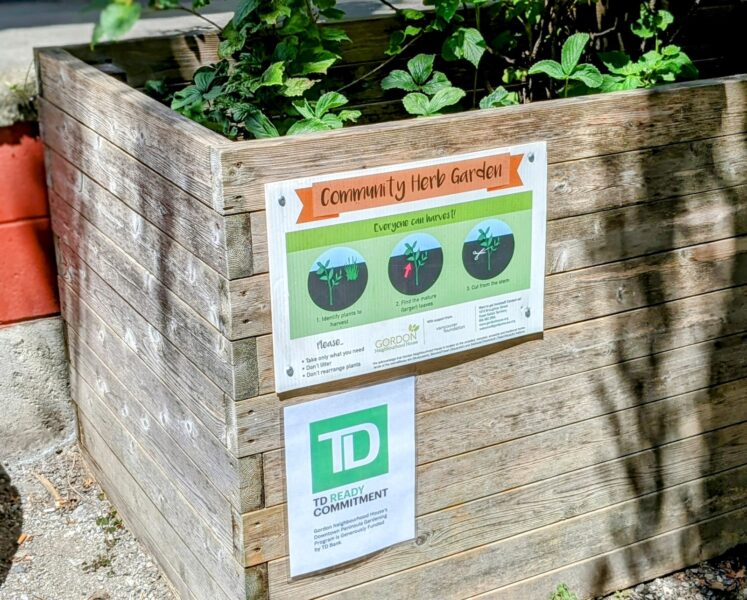Phone: 604-683-2554 | Email: welcome@gordonhouse.org
Affordable Housing

Most Vancouver residents are well aware of the ongoing housing
Most Vancouver residents are well aware of the ongoing housing crisis and lack of affordable housing options, and many wonder why the municipal government hasn’t been able to successfully address this issue.
Concern about access to affordable housing and questions about government involvement were reflected in the responses to two community surveys conducted by staff at Gordon Neighbourhood House.
In a survey carried out in the lead up to the October 2020 Provincial Election, 88% of survey respondents expressed worry about housing with 44% placing it as their number one concern. Many stated that access to affordable housing was out of reach for those with lower paid jobs and asked for “housing co-ops accessible to any range of salaries” and mentioned fears of “rent increases” and “chronic lack of housing”. 64% of survey respondents expressed concerns around a visible increase of homelessness in the West End and a need for supports.
Earlier this year we conducted a second survey to ascertain what knowledge gaps exist in our community around issues regarding housing and homelessness. 13% of survey respondents were directly interested in the role of the Vancouver municipal government in addressing these issues, and many more respondents questioned the responsibilities of the municipal government in tackling this issue.
West End housing and income statistics
The West End’s poverty rate is higher than the citywide average across all ages, with an especially high rate among children and young adults (City of Vancouver, 2020, pg. 48). Nearly half of West End households are making less than $50,000 per year (2020, pg. 55). These data imply that nearly half of all households in the West End are not meeting Vancouver’s 2019 Market Basket Measure (MBM) threshold (Statistics Canada, 2021). The median household income of the West End is $51,000, the second lowest in the city (City of Vancouver, 2020, pg. 46). The neighbourhood has the smallest average household size of any local area in the city, with 1.5 people in the average private household in 2016 (2020, pg. 21). Private households make up 99% of the housing market in the West End (2020, pg. 5). This data coincides with an extreme rise in housing rates, with average rent prices in Vancouver increasing by >25% above inflation over the past 10 years (City of Vancouver, 2020, pg. 56). 45% of the West End are spending more than 30% of their income on housing, a higher rate than for households in the city overall (2020, pg. 56). In addition, 80% of West End residents (2020, pg. 17) and 62% of West End seniors (2020, pg. 62) rent their homes. These data signify a strain on low-income households’ ability to afford necessary items and pressure on West End residents to rely more on affordable housing.
Sources: West End Social Indicators Profile and Statistics Canada
So who makes the decisions on affordable housing?
The main levels of Canadian government include Federal (Canada), Provincial (BC), and Municipal (Vancouver). Each level of government has a specific role that covers a set of responsibilities and decision making power. Generally speaking, on a national level the Government of Canada delegates responsibilities and power to the provinces. There is also a constitutionally defined division of powers – federal government generally speaking govern national concerns (defence, public debt, citizenship, etc.) and the provinces govern more place-based concerns (healthcare, education, prisons, natural resources, etc.) The province then delegates a subset of responsibilities and power to cities or municipalities.
However, according to the Local Government Act, cities are “creatures of the province”. Cities like Vancouver have jurisdiction over some policy decisions, such as transportation and parks & recreation, however this is subjected to the jurisdiction and funding provided by the province. As a city and a “creature of the province” Vancouver municipal government does not have extensive powers to radically fund and implement affordable housing projects, initiatives, and policies.
At a provincial level, the BC government has a significant amount of housing jurisdiction when it comes to building new housing, rent regulation, and the protection of tenants rights. Sources: BC Poverty Reduction Strategy and Wellesy Institute (2007) “The 1867 constitution assigned “property and civil rights in the province” to provincial jurisdiction, which includes ownership and use of land. It is this power that gives provinces the responsibility for rent regulation and tenant protection matters.”
In the case of affordable housing, this means that policies and projects related to housing are under the jurisdiction or authority of the federal government. This can be seen through Canada’s National Housing Strategy.
The federal government will typically delegate funding and authority to the provincial governments to help provinces implement affordable housing initiatives. For example, BC Housing is generally responsible for providing affordable housing within British Columbia. However, provincial governments such as British Columbia are reliant on the Canadian federal government for sufficient funding to deliver on the housing policies and initiatives that they develop.
Then how can the City address affordable housing?
Vancouver and cities alike still have a number of tools they can use to further affordable housing initiatives. This includes regulating affordable housing by using zoning bylaws and community plans. Municipal governments can also incentivize development projects that provide affordable housing. They can also acquire land that a housing provider, such as BC Housing, can use towards developing affordable housing. Cities also govern some housing related taxes, such as the Empty Homes Tax.
Cities can also raise awareness and educate community members on the need for affordable housing which can help make development and rezoning a smoother process, along with advocating for more affordable housing to provincial and federal levels of government.
Affordable housing is such a big issue across Vancouver and housing insecurity is impacting many of our West End neighbours. Housing insecurity is a complex issue that is impacted by all levels of government. When is comes to affordable housing it is important to be engaging not just in municipal politics, but in provincial and national too. During the most recent Federal Election we reached out to the candidates in our riding to find out where their parties stand on a variety of issues, including the issue of housing affordability. Check out their answers HERE.


